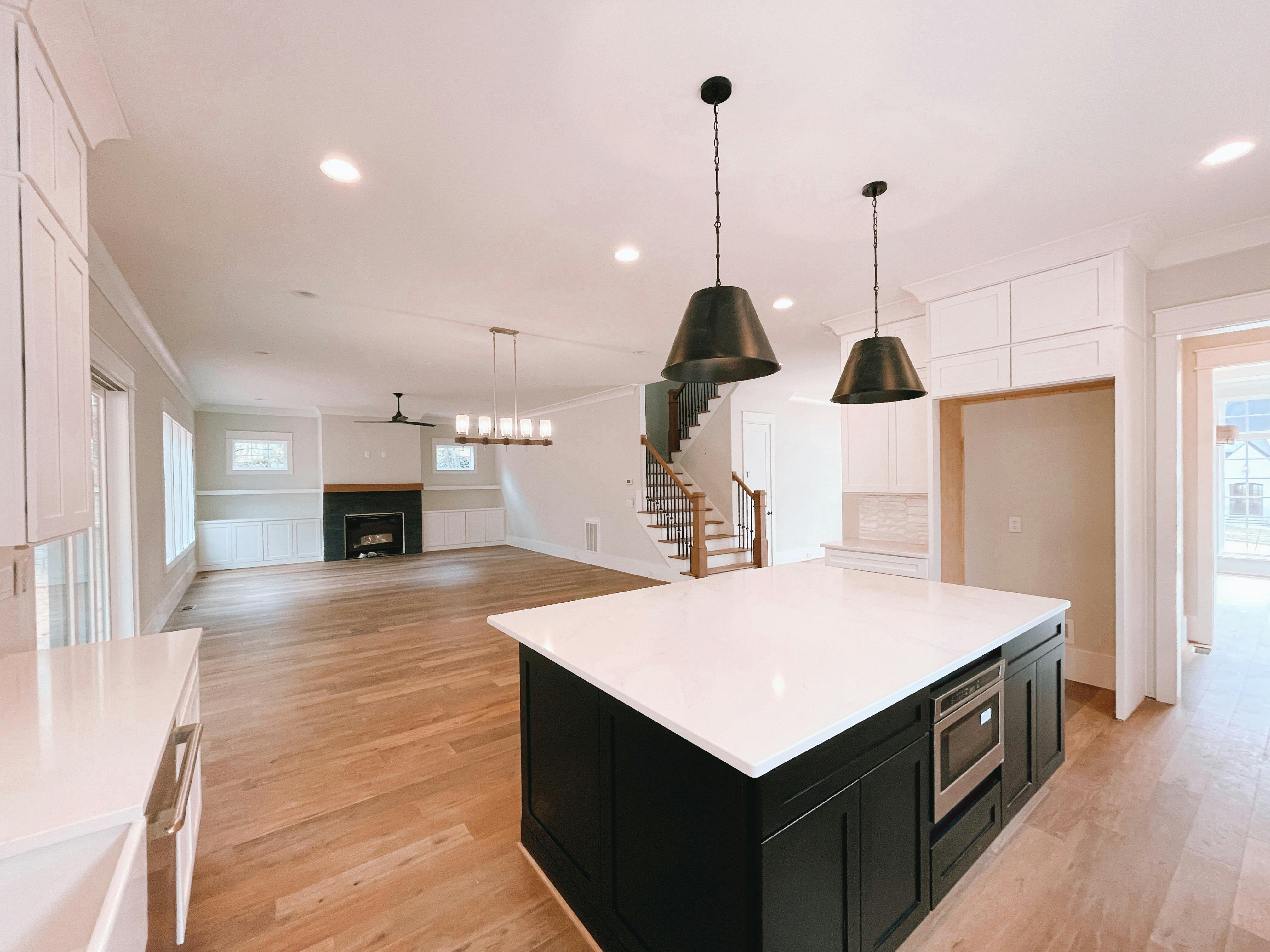Americans buying a second home can upgrade to an affordable home and use the proceeds from the sale of the primary property as a down payment on a second home. Rising home prices in many areas have created a high demand for second homes, which is considered an excellent investment opportunity as second home buyers today are using the capital from the sale of a residence principal to buy bigger houses.
Prior to 1997, expensive homes were brought in to avoid paying taxes on sales proceeds, but due to changes in tax laws for second home buyers, a person through the proceeds from the sale of a residence can buy a less expensive house.
Here are some tax laws for second homes. Reading this will be beneficial for aspiring second home buyers:
Property Taxes:
Property taxes can be deducted on your second home. The good news is that you can deduct property taxes paid on any number of homes you own, which is not like the mortgage interest rule.
Mortgage interest:
Mortgage interest is deductible if you are using your second home instead of renting it out as a business property. 100 percent interest can be paid off if the money is used to purchase or improve the property.
Rent the place:
If you are renting out your property, you are faced with different tax rules. Tax laws depend on the breakdown between rental and personal use.
If you are renting your house for 14 days, it is not a problem, even if you are charging $5000 a week; you can keep the cash tax-free. However, renting the place for more than 14 days means reporting all rental income to the IRS. You can deduct the rental costs. Sometimes it becomes quite complex because it is necessary to spread the costs between the time the property is used for personal purposes and the time it is rented.
